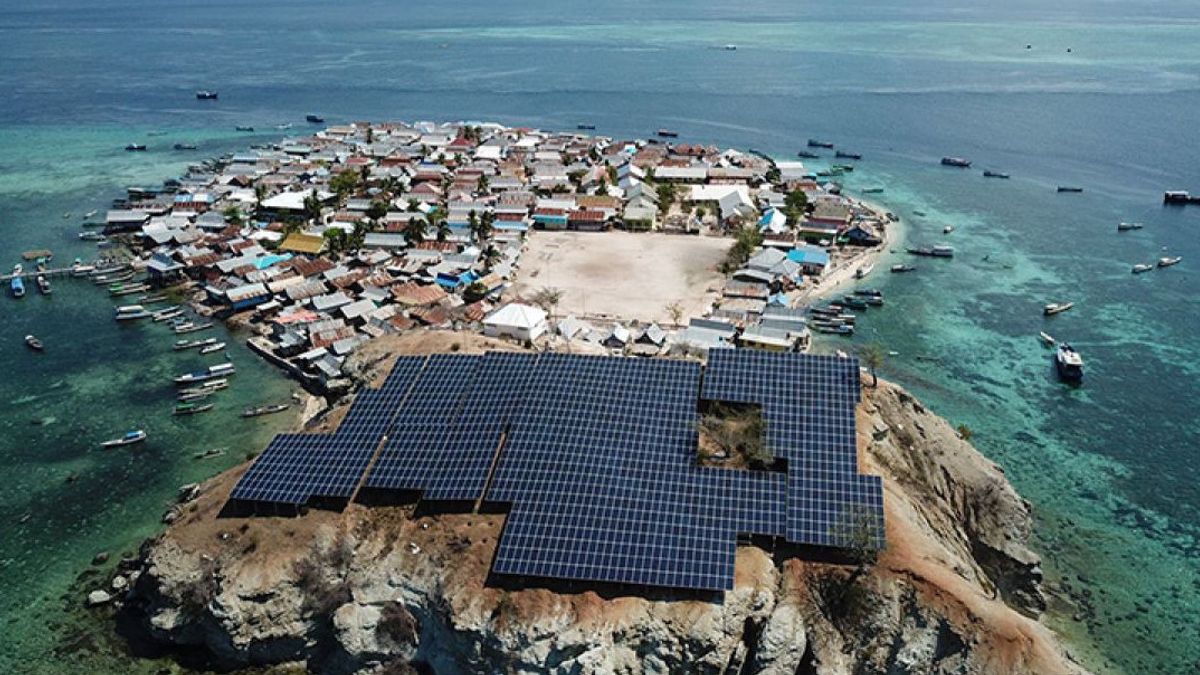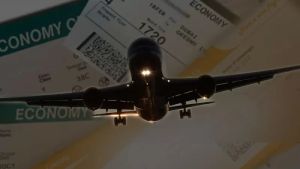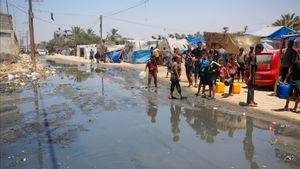JAKARTA - Senior Center for Strategic and International Studies (CSIS) researcher Deni Friawan assessed that along with the increasing amount of energy and non-energy subsidies from year to year, coupled with the latest policy, such as a free nutritious eating program, it will raise concerns about the long-term impact on the State Revenue and Expenditure Budget (APBN).
Deni explained that the continuous increase in subsidies could burden the state budget, especially if it was not balanced with increasing state revenue. This can cause the state debt to get bigger if the subsidy burden is not managed properly.
"We need to pay attention to it because it will continue to be burdensome, if we can't accompany it with an increase in revenue, what happens is that the burden gets bigger and the debt will get bigger," he explained in CSIC Media Briefing: RAPBN 2025 Between Sustainability and Adjustment Online, Monday, August 19.
According to Deni, the subsidy budget is fiscal and distributive instruments, so it is important to encourage the welfare of the community. However, whether the existing subsidy budget so far is right on target and achieving what is expected, such as agricultural subsidies, can reduce food imports.
"For example, agricultural subsidies, whether agricultural subsidies prosper farmers, whether food imports are decreasing, in fact this is not the case. Likewise with energy subsidies, what happens is that most subsidies for fuel oil (BBM), 3 kg LPG, are mostly enjoyed by people who are not entitled," he explained.
In dealing with this problem, Deni conveyed the need for careful subsidy adjustments because it could have an impact on inflation. However, this adjustment is important to maintain a balance of budget, deficit, and other needs.
Meanwhile, Researcher of the Department of Economics CSIS Ardhi Wardhana said that the revocation of energy subsidies could be done considering that his treatment was not on target since 2005 there had been energy reforms.
"So if you look at the amount of energy subsidies from 2006 to 2010 before, oil prices rose, it was quite low when compared to post-COVID-19, when viewed from 2020," he said.
Ardhi said that from 2011 to 2014 there was an increase in world oil prices that could exceed 100 US dollars, so that when prices rose, subsidies were finally also affected by the increase.
"After that in 2015, one of the policies taken by President Jokowi was to try to revise at that time the biggest revision, namely the decline in JBKP quota or at that time JBKP was still in the form of premium, in 2015 the quota decreased so that the subsidy from premium fell until 2019," he said.
After COVID-19, Ardhi said that a new energy subsidy formula was called post-compensation. So this compensation is combined with an emergency budget, such as natural disasters.
"We also know that compensation is not budgeted for in the future. He is budgeted in the form of a difference in economic prices and market prices, so it will be paid in the next quarter," he said.
Ardhi said the price of oil that rebounded after Covid-19 made fuel compensation soar to IDR 379.3 trillion in 2022. This figure continued to experience a surge in the following year of IDR 205.1 trillion in 2023 and IDR 207 trillion in Outlook 2024.
SEE ALSO:
"After COVID-19 caused very high compensation, so compensation rose high, even reaching Rp379.3 trillion, if it can be seen that the following years will also increase because if we remember 2020 yesterday because there was rupiah depreciation which even almost reached Rp16,400. That's why compensation is also increasing," he said.
Ardhi sees that this subsidy budget will increase by 2025 to 7 percent. In addition, he sees that macro assumptions against oil prices of 82 US dollars and the rupiah exchange rate at Rp. 16,100 will increase compensation.
"Finally, subsidies need to be reviewed or further reformed so that the problem of volatile subsidy formulation and regressivity problems because they are not on target can be cured," he said.
The English, Chinese, Japanese, Arabic, and French versions are automatically generated by the AI. So there may still be inaccuracies in translating, please always see Indonesian as our main language. (system supported by DigitalSiber.id)











